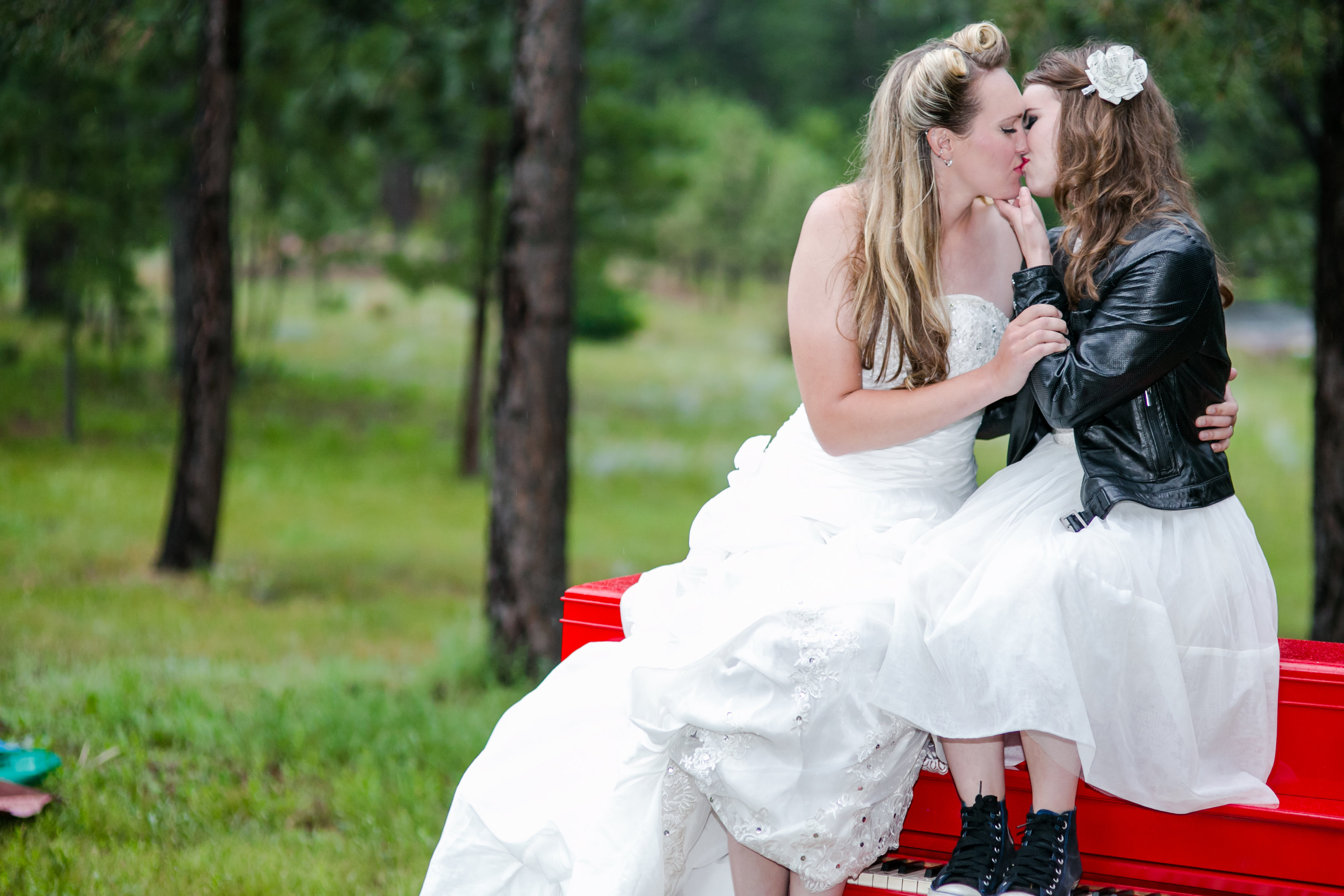Active organizations are, in most cases, cohesive communities (Dion, 2000). Category cohesion is the ethics, solidarity, social integration, otherwise unity regarding a team. Normally, people in natural teams including each other and the category and you can they also try joined within their pursuit of cumulative, group-peak requires. Members tend to see its communities alot more if they are natural, and you can cohesive groups constantly outperform of them you to run out of cohesion.
So it cohesion-overall performance dating, not, are a complex one to. Meta-analytical degree suggest that cohesion advances teamwork one of members, however, you to efficiency high quality impacts cohesion more cohesion has an effect on performance (Mullen & Copper, 1994; Mullen, Driskell, & Salas, 1998; find Shape 3). Cohesive communities can also getting spectacularly unsuccessful in the event your group’s norms be concerned reasonable production in place of highest yields (Seashore, 1954).
See, no matter if, your relationships ranging from Overall performance from the Big date step one and you can Cohesiveness on Day 2 is deeper (r=

Profile step 3: The relationship between class cohesion and performance over time. Communities which can be natural do often work towards the work now russian women for marriage (Time1) as well as in the near future (Big date dos). 51) compared to the matchmaking anywhere between Cohesion in the Time step one and performance on Time dos (r=.25). These findings suggest that cohesion advances results, however, one to a team one to work really sometimes along with be much more natural. Mullen, Driskell, & Salas (1998)
Category Advancement
Oftentimes communities do not getting easy-performing groups at once. Because Bruce Tuckman’s (1965) theory regarding group advancement means, teams always transit multiple development stages while they changes away from a newly formed group on good team. Because indexed inside the Focus Situation 1, on the forming stage, new people be centered on the each other. On the storming stage, the group members find themselves in conflict, and some option would be needed to evolve the team environment. Regarding norming, stage requirements having decisions and you will roles create one regulate choices. In the creating, stage the group are at a spot in which it can performs given that a good equipment to get to desired goals, and the adjourning phase ends up this new series off advancement; the team disbands. In these grade teams usually oscillate within activity-oriented factors and the relationship things, which have people either working hard but from the in other cases strengthening the social bonds (Tuckman & Jensen, 1977).
Phase step 1 Forming. Participants establish details about on their own from inside the sincere however, tentative relations. They mention new purposes of the group and you can assemble information regarding for each other people’s welfare, experiences, and personal tendencies.
Stage 2 Storming. Disputes in the procedures and you will purposes facial skin, thus grievance and you can conflict raise. A lot of the brand new disagreement comes from demands anywhere between members who happen to be seeking increase their standing and manage throughout the category.
Stage step three Norming. Since group agrees on the the requirements, strategies, and you may leaders, norms, roles, and you will public matchmaking write you to definitely improve group’s balance and you will cohesiveness.
Phase cuatro Performing. The group centers their vitality and you will interest with the their desires, displaying large rates out-of activity-direction, decision-to make, and you can situation-fixing.
Phase 5 Adjourning. The team makes to help you disband from the finishing its employment, minimizes amounts of dependence certainly participants, and dealing having people unsolved factors.
We including sense transform as we pass through a team, for we do not feel complete-fledged members of a team immediately. Rather, we slowly be an integral part of the group and stay from inside the the group up until i leave it. Richard Moreland and John Levine’s (1982) make of category socialization makes reference to this action, beginning with initially admission towards group and stop if the affiliate exits they. For example, whenever you are thinking about joining another class-a personal bar, a specialist area, a great fraternity or sorority, or an activities class-you browse the exactly what the class can offer, although category including investigates your. In this research phase you are nevertheless an outsider: interested in signing up for the group, yet not but really purchased it by any means. But once the group welcomes you and you deal with the team, socializing starts: your learn the group’s norms or take to the more duties situated on your role. With the a football class, including, you e otherwise takes on a particular condition, but the group might require another thing from you. As time passes, in the event, the group encourage your since an entire-fledged affiliate and you will each party along the way-both you and the group itself-enhance their dedication to each other. Whenever that connection wanes, not, your subscription may come in order to a finish also.